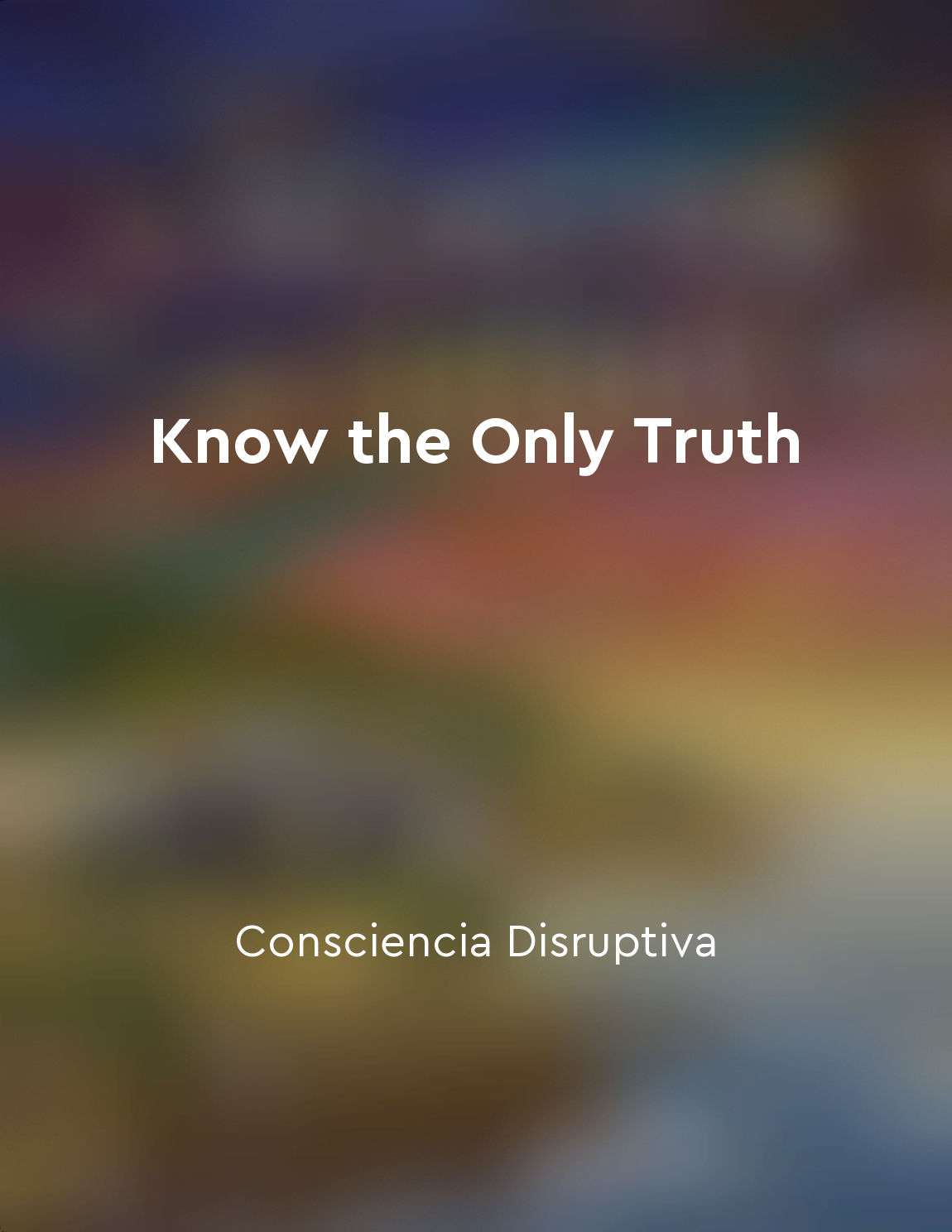Audio available in app
Let go of distractions and be present in the now from "summary" of Mindfulness in Plain English by Henepola Gunaratana
To be mindful is to be in the present moment, fully aware of what is happening within and around you. It means letting go of distractions that pull you away from this moment and being fully present in the now. When you practice mindfulness, you cultivate a sense of awareness that allows you to see things as they truly are, without judgment or attachment. Distractions come in many forms - thoughts about the past or future, worries, anxieties, desires, and emotions that cloud your mind and prevent you from being present. By letting go of these distractions, you create a space for clarity and understanding to arise. You become more attuned to your thoughts, feelings, and sensations, allowing you to respond to them with wisdom and compassion. Being present in the now requires a conscious effort to anchor your awareness in the present moment. This can be done through various mindfulness practices such as focused attention on the breath, body scan meditation, or mindful walking. These practices help you tune into the present moment and cultivate a sense of presence that carries over into your daily life. When you are fully present in the now, you are able to engage with the world around you in a more meaningful way. You become more attentive to the people you interact with, the tasks you perform, and the experiences you have. By being present, you can enjoy each moment fully and appreciate the beauty and simplicity of life as it unfolds. Letting go of distractions and being present in the now is a continuous practice that requires patience, dedication, and self-awareness. It is a journey of self-discovery and transformation that can lead to greater peace, happiness, and fulfillment in life. Through mindfulness, you can cultivate a deep sense of connection with yourself and the world around you, bringing clarity, insight, and joy into every moment.Similar Posts

Change begins with selfacceptance
The fundamental principle underlying the notion of change beginning with self-acceptance is rooted in the recognition that tran...

Embracing change is key to progress
Change can be intimidating. It can disrupt our comfort zones and challenge our beliefs. However, it is through change that grow...
Practicing selfawareness can help us identify our triggers and optimize our focus
By being self-aware, we can become more attuned to our thoughts, emotions, and behaviors. This heightened awareness allows us t...
Practice gratitude to enhance wellbeing
When we practice gratitude, we are actively focusing on the positive aspects of our lives, no matter how small they may seem. B...

Embrace challenges as opportunities for growth
To truly understand the concept of challenges as opportunities for growth, we must first recognize that every obstacle we encou...

Prioritize tasks to reduce overwhelm
When faced with a long to-do list, it's easy to feel overwhelmed and unsure of where to begin. The key to overcoming this feeli...
Prioritize selfcare
In a culture that glorifies busyness and productivity, it can be easy to neglect our own needs and well-being in favor of meeti...
Meaning can be found through belonging to a community
Belonging to a community can provide a sense of purpose and significance in our lives. When we feel connected to others and par...
Mindfulness allows for greater emotional regulation
When we practice mindfulness, we create space between our thoughts and emotional reactions. This space allows us to observe ou...
The Four Noble Truths are the foundation of Buddhist philosophy
The Four Noble Truths are like the cornerstones of a building, providing a solid foundation for the entire structure of Buddhis...
